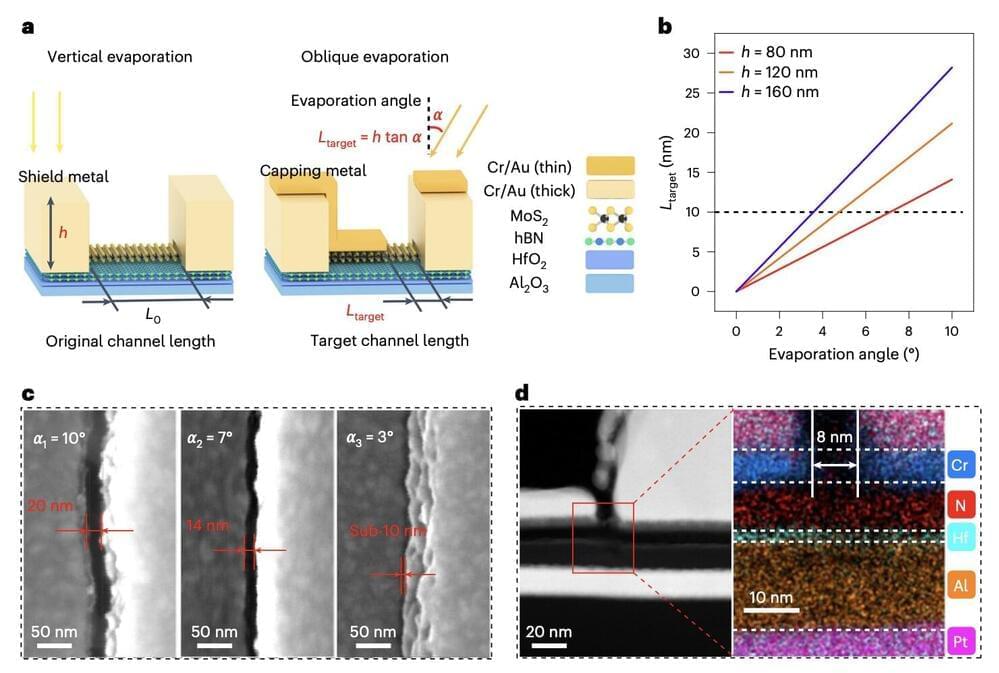The widespread use of artificial intelligence (AI) tools designed to process large amounts of data has increased the need for better performing memory devices. The data storage solutions that could help to meet the computational demands of AI include so-called high-bandwidth memories, technologies that can increase the memory bandwidth of computer processors, speeding up the transfer of data and reducing power consumption.
Currently, flash memories are the most prominent memory solutions capable of storing information when a device is turned off (i.e., non-volatile memories). Despite their widespread use, the speed of most existing flash memories is limited and does not best support the operation of AI.
In recent years, some engineers have thus been trying to develop ultrafast flash memories that could transfer data faster and more efficiently. Two-dimensional (2D) materials have shown promise for fabricating these better performing memory devices.









Leave a reply